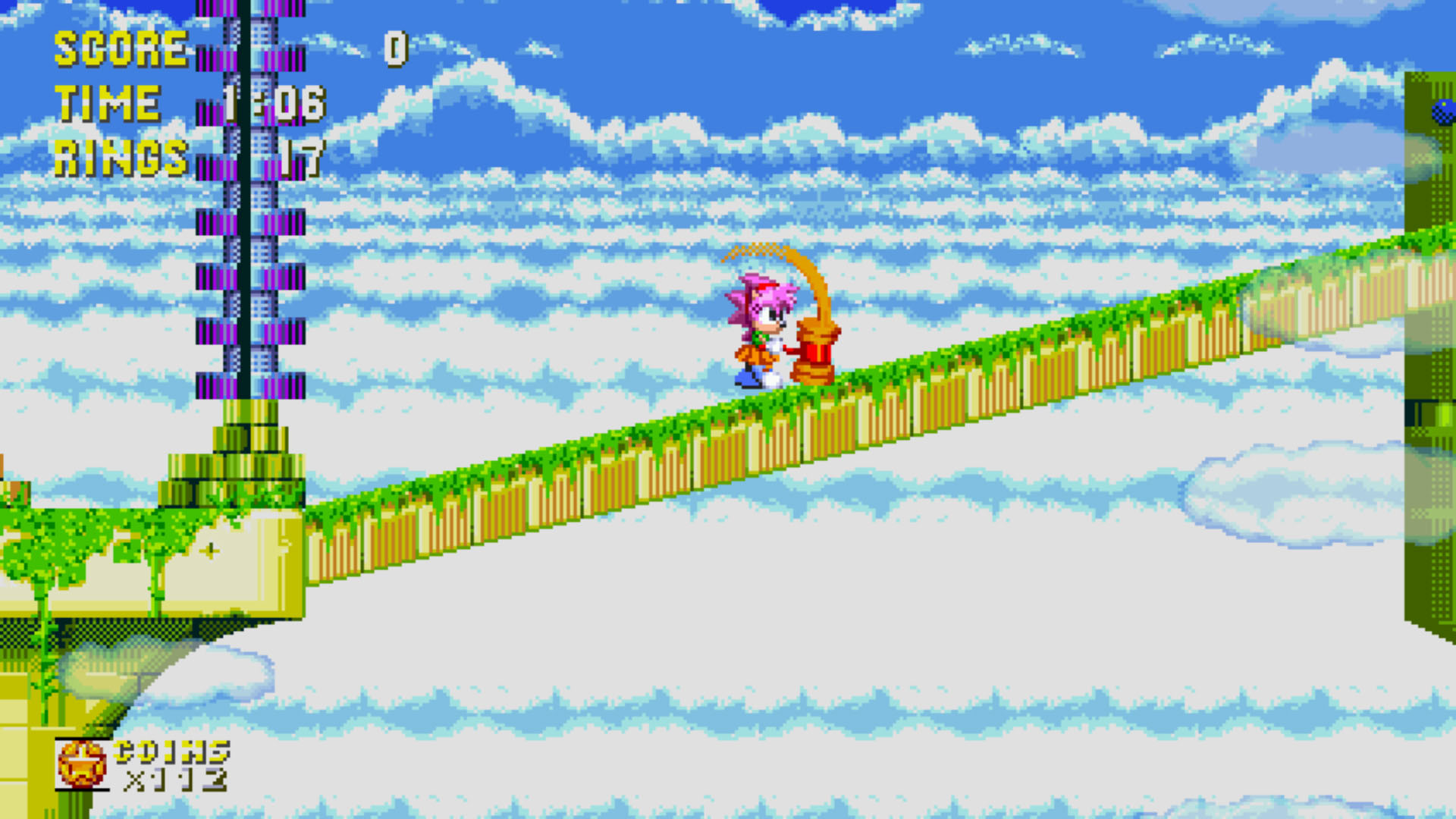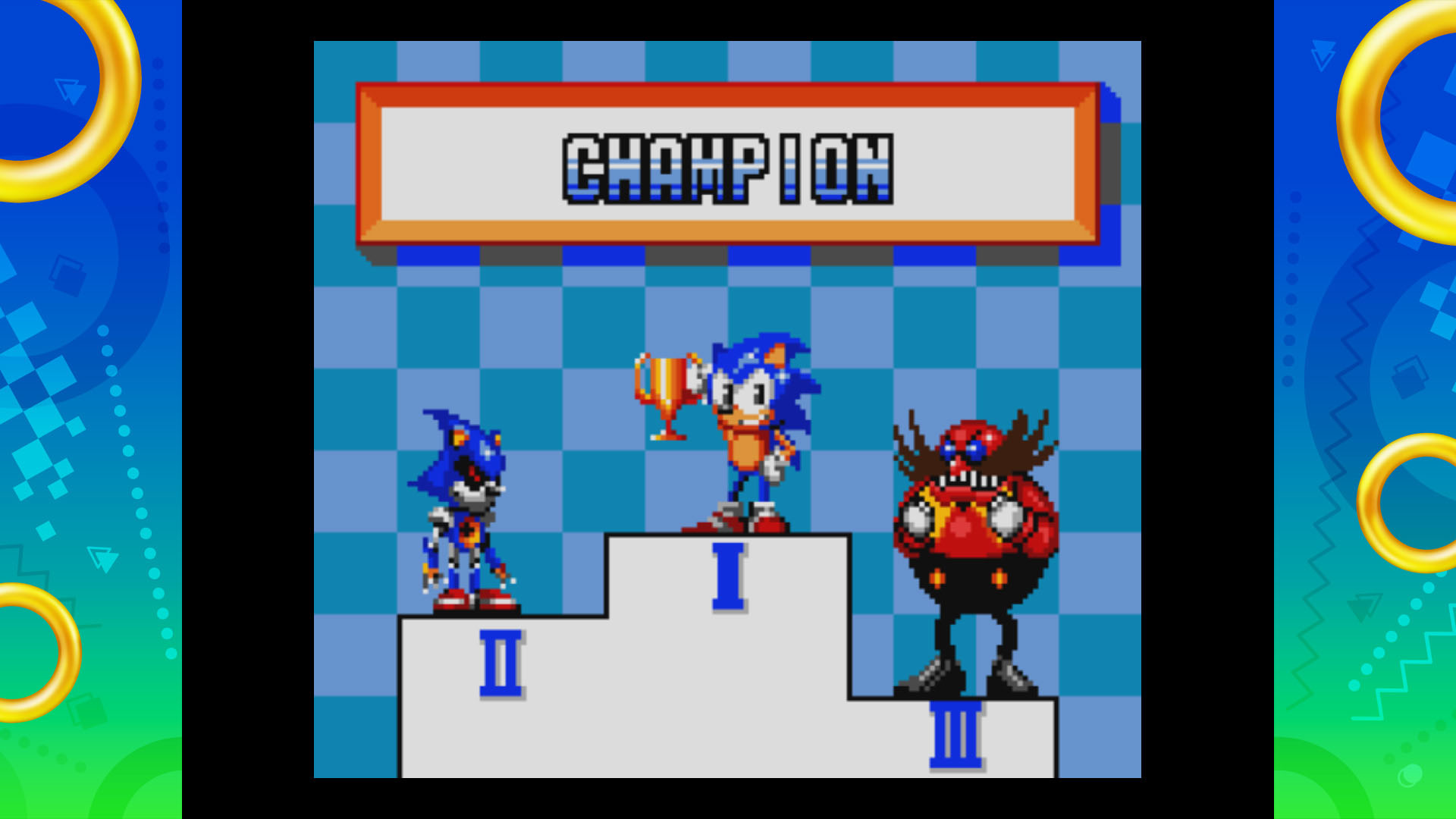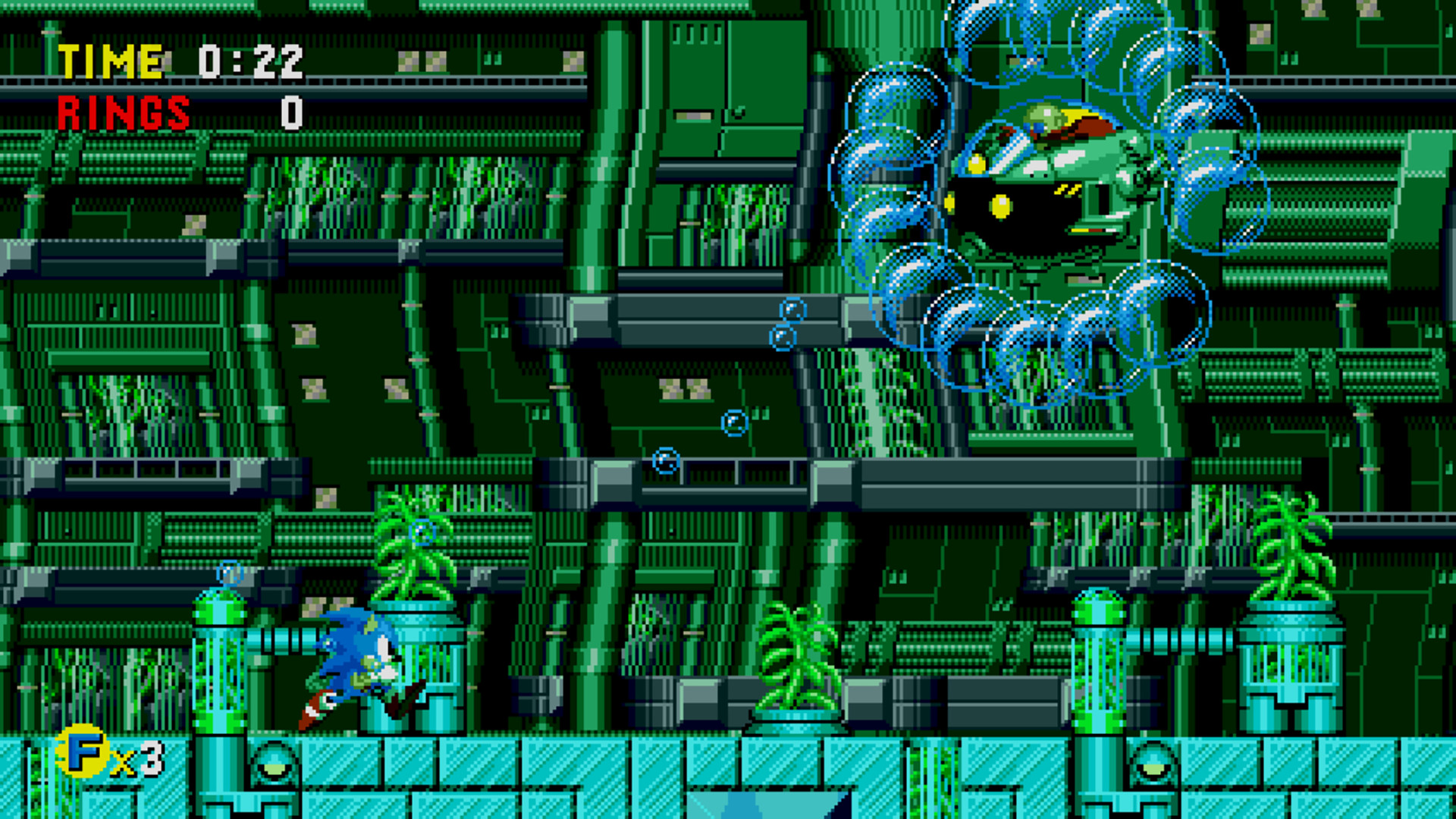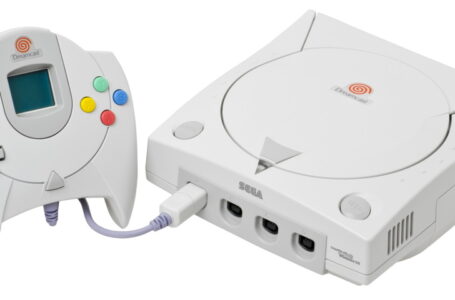Dear Sega: Sonic Origins Plus’ physical release is completely unacceptable
I didn’t want to believe it and I urged skepticism, but I’m sorry: it seems that our worst fears were indeed true, and that for some infuriating reason, Sega has decided that it’s acceptable to put out a physical release of 30-year old games in which twelve of the titles in the collection, along with some heavily promoted additional material, are not on the physical media.
Yes, that’s right: Sonic Origins Plus’ physical release is an absolute slap in the face to collectors and those concerned with video game preservation. And there is literally no excuse for this. Particularly since promotional material for Sonic Origins Plus made absolutely no mention of this glaring issue.

Sonic Origins in general has been a great example of the very worst tendencies of modern video gaming. When originally released, it wasn’t complete, instead offering a “roadmap” of updates and downloadable content that would follow post-launch. There was zero excuse for this, given that it was a collection of mildly upgraded 16-bit console games that are, in some cases, more than 30 years old, and the additions were relatively minor in the grand scheme of things.
And now, its much-anticipated Sonic Origins Plus expansion pack, bringing us 12 titles originally released for the 8-bit Sega Game Gear handheld, plus the ability to play as Amy Rose in the 16-bit games, has the gall to position its physical release as a “definitive” and “timeless” collection when, in fact, the “Plus” content is a download code in the box. You know, so if someone picks up Sonic Origins Plus second-hand later, they don’t get a complete collection — and a few years down the road, even owners of unopened copies may be unable to get the full package. Hardly “timeless”, no?
This isn’t even getting into the fact that this so-called “definitive” collection omits some notable entries in Sonic history, including the 16-bit versions of Sonic Spinball and the reskin of Puyo Puyo that was Dr Robotnik’s Mean Bean Machine, and any of the Master System versions of Sonic’s 8-bit adventures. The latter in particular would, to be honest, have been preferable to the Game Gear ports; Sonic 2 on Game Gear in particular is borderline unplayable due to its constrained visible screen area, whereas the Master System version is highly enjoyable and all but identical to the Game Gear version aside from screen resolution.
Slightly younger gamers may not remember Electronic Arts’ ill-fated “Project Ten Dollar” programme in the early 2010s, in which all EA’s new games shipped with a download code in the box that was required to unlock a significant component of the game — whether this was a multiplayer mode, or, in the case of story-centric games like Mass Effect 2, a fair old chunk of single-player content. If you didn’t have the code — if you’d bought the game second-hand, say — you had to pay up to the tune of about $10 on top of the price of the game in order to get this extra content. Hence, “Project Ten Dollar”.
A fair few other companies — pretty much entirely in the triple-A and first-party sector — followed suit with “Online Pass” initiatives and suchlike, typically locking players out of online multiplayer modes without either the DLC code or a $10 digital purchase. The intent was to fight back against pre-owned games sales, which publishers saw as a threat because they didn’t make any money from them. It was, to say the least, not well-received by press and public alike.

But this is the exact same thing. While Sonic Origins’ base game still has a decent amount to enjoy with enhanced 16-bit versions of Sonic the Hedgehog, Sonic the Hedgehog 2, Sonic the Hedgehog 3 and Sonic & Knuckles, withholding twelve more games plus a playable character from those who didn’t buy the game new is just plain disgusting.
A bigger issue, though, concerns the reason a lot of folks prefer to collect physical releases in favour of digital — and that is the matter of preservation and archival.
In an ideal world, physical releases of video games should ensure that a game remains completely playable — and content-complete — long after a console’s online services have been switched off, meaning that the games can continue to be enjoyed 20, 30, 40, 50 years down the line. Whack in an Atari 2600, NES, SNES or Mega Drive cart into an original machine — or suitable modern clone — today, and the game will work just as it always did, with no problem. Hell, put a PS1 or PS2 disc into an appropriate machine and, so long as that disc has been treated kindly, it’ll still play just as it once did.

But this is not the case with a lot of physical releases from the seventh console generation onwards. In Sonic Origins Plus’ case, a significant chunk of this collection — and a big reason a lot of people waited for the physical release — is omitted from the cartridges and discs that it’s been released on. This means that if someone wants to play Sonic Origins Plus at some point in the future when various digital storefronts have shut down or are otherwise inaccessible, they will have an incomplete version.
A lot of publishers have reached a point where they get and understand this. Limited-press companies usually wait until games are complete in terms of both DLC and updates before putting out their limited-print physical releases of video games, and this should be standard practice, albeit perhaps without the “limited” part quite so much. Hell, even Nintendo quietly reissues all its major Switch games with updates included on the cartridge at regular intervals. So there is zero excuse for Sega to handle Sonic Origins Plus’ physical release in this way.
The most convincing explanation for this situation is that the “Plus” content for Sonic Origins Plus was not ready by the time the Sonic Origins Plus physical releases were sent off for manufacturing. But there’s a simple solution to this: delay the physical release. These games are thirty years old, and no-one would have minded waiting a month or two more to have a truly definitive collection that they know will still work perfectly well should they decide to boot up their console of choice in 20 or 30 years — even if that meant digital players got it a little earlier.

This entire situation is completely unacceptable and, as noted above, just the latest grim chapter in an entire saga of Sonic Origins’ release being handled in the absolute worst ways possible. You’d think Sega would show a little more respect to their most important mascot at this point — but no.
This release is a slap in the face to Sonic enthusiasts, game collectors in general and those concerned with video game preservation, and I sincerely hope that Sega — and the gaming community — learns from this.
Join The Discussion
Rice Digital Discord
Rice Digital Twitter
Rice Digital Facebook
Or write us a letter for the Rice Digital Friday Letters Page by clicking here!
Disclosure: Some links in this article may be affiliate links, which means we may earn a small commission if you make a purchase after clicking on them. This is at no additional cost to you and helps support Rice Digital!
- Letter from the Editor: passing the torch - June 30, 2023
- Super Woden GP 2 is looking promising - June 30, 2023
- Inti Creates is making a 32 bit-style Love Live action platformer - June 26, 2023






